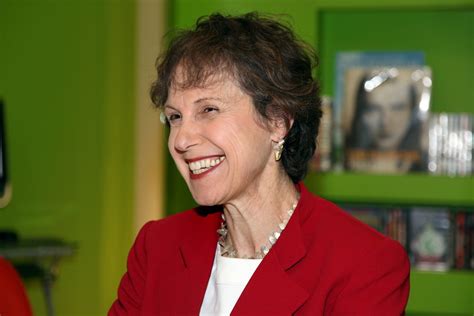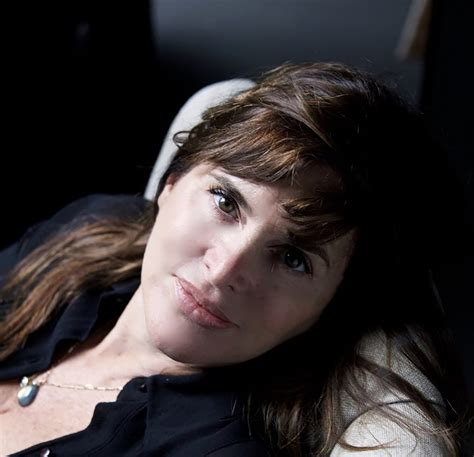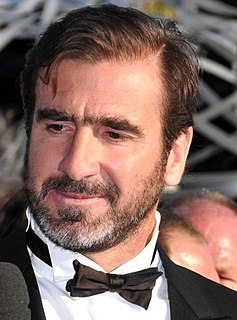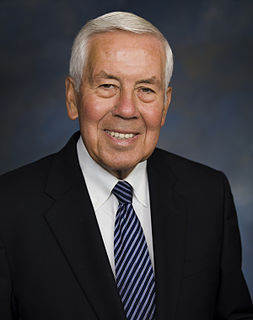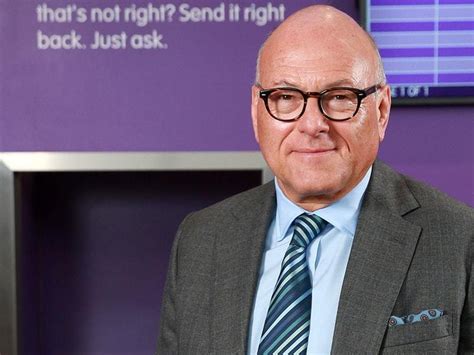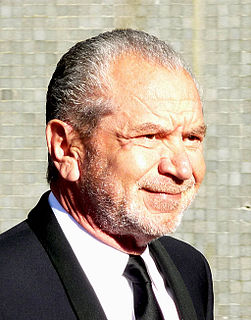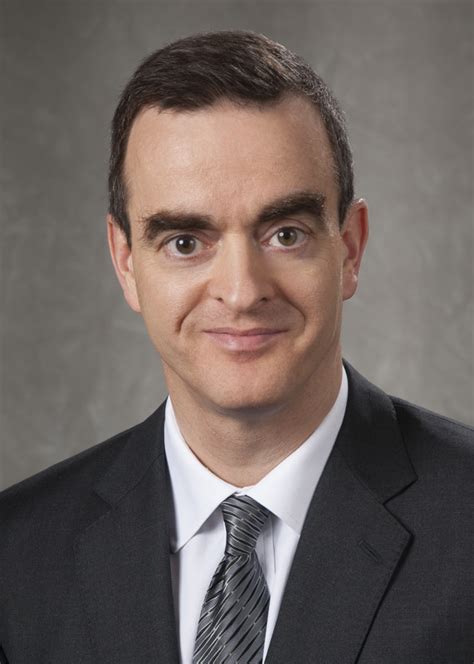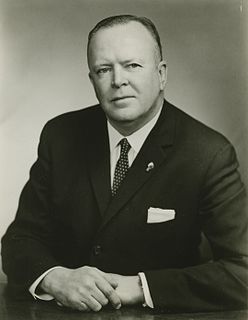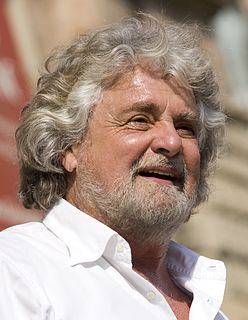Top 1200 Banks And Money Quotes & Sayings
Explore popular Banks And Money quotes.
Last updated on April 14, 2025.
What central banks can control is a base and one way they can control the base is via manipulating a particular interest rate, such as a Federal Funds rate, the overnight rate at which banks lend to one another. But they use that control to control what happens to the quantity of money. There is no disagreement.
Instability mostly comes from the interface between the fact that the banks (or shadow banks) can create credit, money, and purchasing power in infinite quantities if we don't constrain them, and the fact that credit is primarily created to fund the purchase of urban real estate and land, which is somewhat fixed in supply.
If two parties, instead of being a bank and an individual, were an individual and an individual, they could not inflate the circulating medium by a loan transaction, for the simple reason that the lender could not lend what he didn't have, as banks can do. Only commercial banks and trust companies can lend money that they manufacture by lending it.
In our election manifesto is: we keep the right to create money and to bring in circulation, for the cause of the government ... Those who do not share this view, reply us to the issue of paper money is for the banks, the government should stay out of the banking business. I agree with Jefferson's opinion ... and just like him I say again: the issue of money is a matter for the government and the banks should stay out of government activity.
Great people in the United States have been disenfranchised.I'll give you an example, it has always been the way to do it, to work hard, save your money, put your money in the bank, get interest on your money and retire wealthy, at least modestly wealthy. Well, the people that have done that have been hurt terribly because there is no interest on your money. You get no money. I just signed for some CDs where you are getting a quarter of one percent. A quarter of one percent! They don't even want your money, the banks.
I suggested a compromise to give the banks a year's time and see if they succeed in showing us that nationalization wasn't necessary. The year went by and we realized it hadn't done any good, that the money still ended up in the hands of the rich industrialists or friends of the bankers. So I concluded that it was necessary to nationalize the banks. And we did. Without considering it a socialist gesture or an antisocialist gesture, just a necessary one. Anyone who nationalizes only so as to be considered on the left to me is a fool.
The Central Bank should have a permanent window for discounting high quality securities where banks could go and discount these. It gives peace of mind to the banks. In the absence of this facility, what banks tend to do is to keep a liquidity cushion for emergency requirements. This is a very expensive way of managing liquidity.
When banks place credits into your account, they are merely pretending to lend you money. In reality, they have nothing to lend. Even the money that non-indebted depositors have placed with them was originally created out of nothing in response to someone else's loan. So what entitles the banks to collect rent on nothing? It is immaterial that men everywhere are forced by law to accept these nothing certificates in exchange for real goods and services. We are talking here not about what is legal, but what is moral.
People have to pay so much money to the banks that they don't have enough money to buy the goods and services they produce. So there's not much new investment, there's not new employment (except minimum-wage "service" jobs), markets are shrinking, and people are defaulting. So many companies can't pay their banks.
I passionately disagreed with Treasury Secretary Hank Paulson's plan to bail out the banks by using a public fund called the Troubled Asset Relief Program (TARP) to help banks take toxic assets off their balance sheets. I argued that it would be much better to put the money where the hole was and replenish the equity of the banks themselves.
Financial institutions have been merging into a smaller number of very large banks. Almost all banks are interrelated. So the financial ecology is swelling into gigantic, incestuous, bureaucratic banks-when one fails, they all fall. We have moved from a diversified ecology of small banks, with varied lending policies, to a more homogeneous framework of firms that all resemble one another. True, we now have fewer failures, but when they occur... I shiver at the thought.
Of other countries, to impose economic sanctions, it'd really begin to dry up the enormous amount of money coming into North Korea, a lot of it from China - from Chinese banks - whereas, if we sanction the Chinese banks, there could be friction with China. But this is something we're going to have to face.
What's the best gamble in the world, right now? Its betting that Deutsche Bank stock is going to go down. Short sellers borrowed money from their banks to place bets that Deutsche Bank stock is going to go down. Now, it's wringing its hands and saying, "Oh the speculators are killing us." But it's Deutsche Bank and the other banks that are providing the money to the speculators to bet on credit.
To walk in money through the night crowd, protected by money, lulled by money, dulled by money, the crowd itself a money, the breath money, no least single object anywhere that is not money. Money, money everywhere and still not enough! And then no money, or a little money, or less money, or more money but money always money. and if you have money, or you don't have money, it is the money that counts, and money makes money, but what makes money make money?
Can you know you can have institutions that put curbs on that in various ways, and actually what the banks, you know, they have various capital ratios and that sort of thing, but the banks got around them, I mean, they set up sieves and that sort of thing just to get more leverage. People love leverage when it's working. I mean, it's so easy to borrow money from a guy at X and put it out at X.
If all the bank loans were paid, no one could have a bank deposit, and there would not be a dollar of coin or currency in circulation. This is a staggering thought. We are completely dependent on the commercial banks. Someone has to borrow every dollar we have in circulation, cash, or credit. If the banks create ample synthetic money we are prosperous; if not, we starve. We are absolutely without a permanent money system. When one gets a complete grasp of the picture, the tragic absurdity of our hopeless situation is almost incredible - but there it is.
If the big banks expect to buy influence when they give money to favored think tanks, then the public has a right to know. If the big banks don't expect to buy influence and are merely making charitable contributions, then their shareholders have a right to know. Either way, there's no excuse for keeping these payments secret.
In the United States there are only two exceptions: banks have to report deposits they suspect to be related to either terrorism or drug trafficking. But if your funds derive from trafficking women and children for sexual exploitation, for example, or from illegal arms trafficking or any other illegal activity, then banks in the US are legally free to accept your money and are not required to report your deposit to the authorities.
Republican leaders have made clear they have no plans to use the power of government to stimulate the economy, invest in job creation and spur job growth. The Fed's plan is to give banks more money to finance the private sector job creation. But banks have ample cash now; they aren't lending, and the private sector is not creating the jobs. That is why we have 15 million people unemployed.




